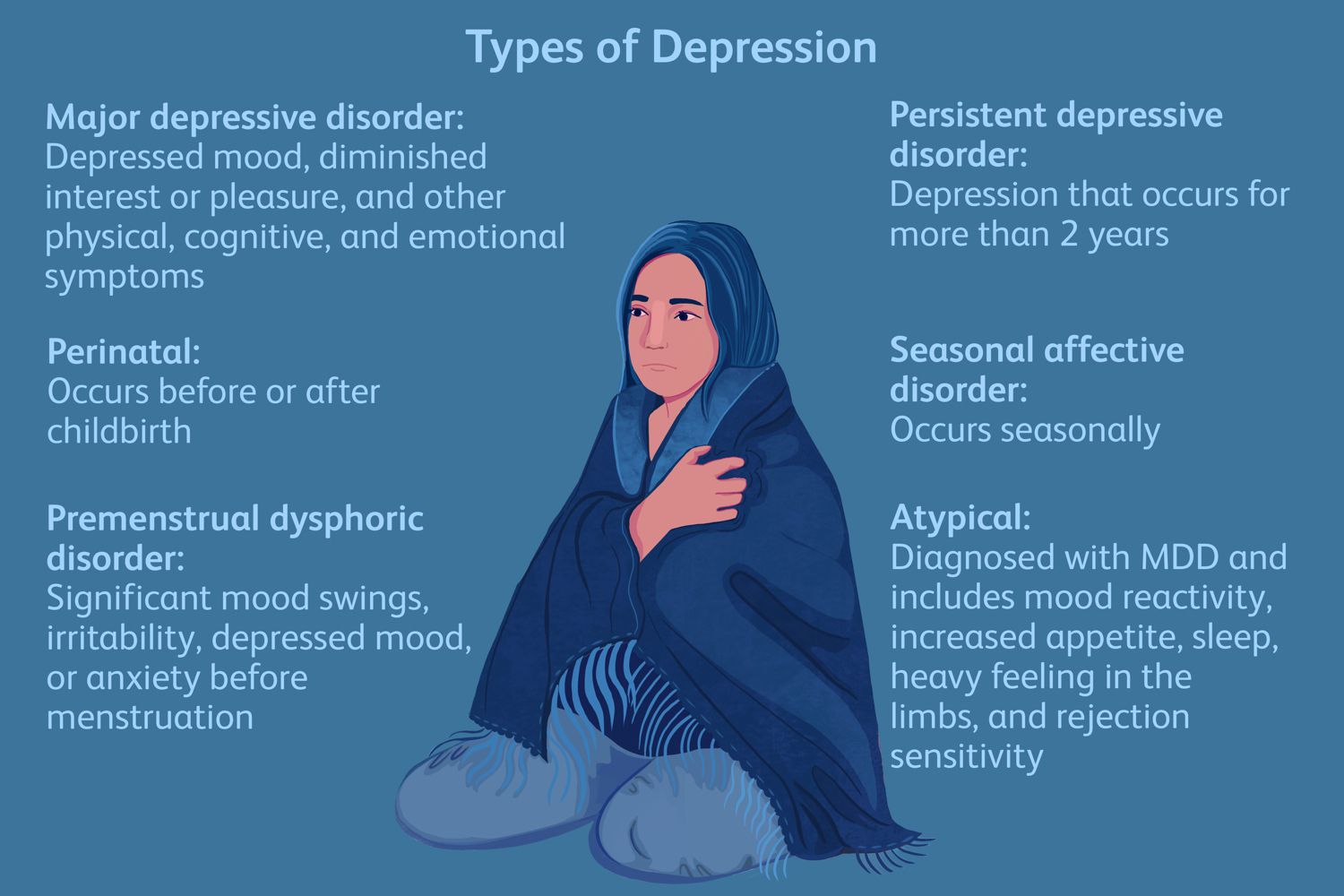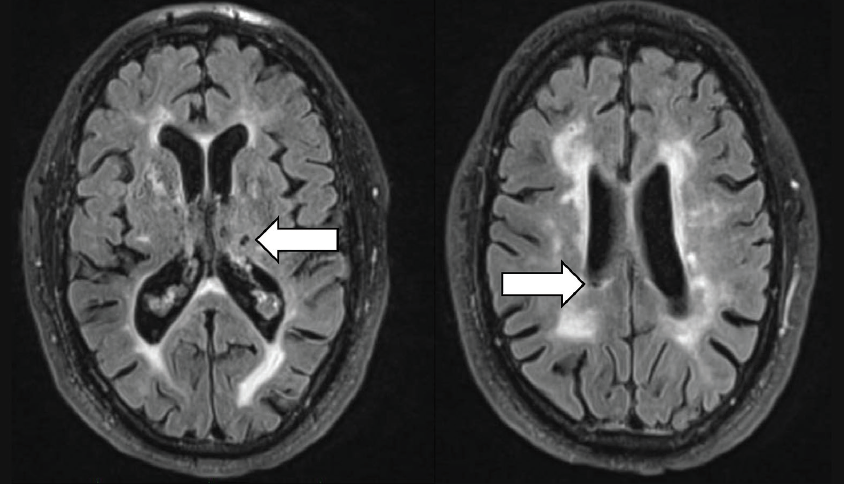Macronutrients are essential nutrients that your body needs in large amounts to function properly. They provide energy, build and repair tissues, and support overall health. The three primary macronutrients are carbohydrates, proteins, and fats.
Carbohydrates
Carbohydrates are the body’s primary source of energy. They are broken down into glucose,1 which fuels your cells.
- Simple Carbohydrates: Sugars found in fruits, vegetables, and milk products. They are rapidly digested and absorbed.
- Complex Carbohydrates: Starches found in grains, legumes, and starchy vegetables. They are digested more slowly and provide sustained energy.
Proteins
Proteins are the building blocks of tissues, such as muscle, skin, and hair. They are essential for growth, repair, and hormone production.
- Complete Proteins: Contain all nine essential amino acids, found in animal sources like meat, poultry, fish, eggs, and dairy.
- Incomplete Proteins: Lack one or more essential amino acids, found in plant-based sources like beans, lentils, nuts, and grains.
Fats
Fats are important for energy storage, hormone production, and vitamin absorption.
- Saturated Fats: Primarily found in animal products like meat and dairy, and some plant-based oils.
- Unsaturated Fats: Found in plant-based oils like olive oil, avocado oil, and nuts.
Balancing Your Macronutrient Intake
A balanced diet includes a combination of all three macronutrients. The ideal ratio can vary depending on individual needs, but a general guideline is:
- Carbohydrates: 45-65% of daily calories
- Proteins: 10-35% of daily calories
- Fats: 20-35% of daily calories
Remember, it’s important to consult with a healthcare professional or registered dietitian to determine the specific macronutrient needs2 for your individual health goals.
By understanding the role of macronutrients in your diet, you can make informed choices to fuel your body and optimize your overall health.



